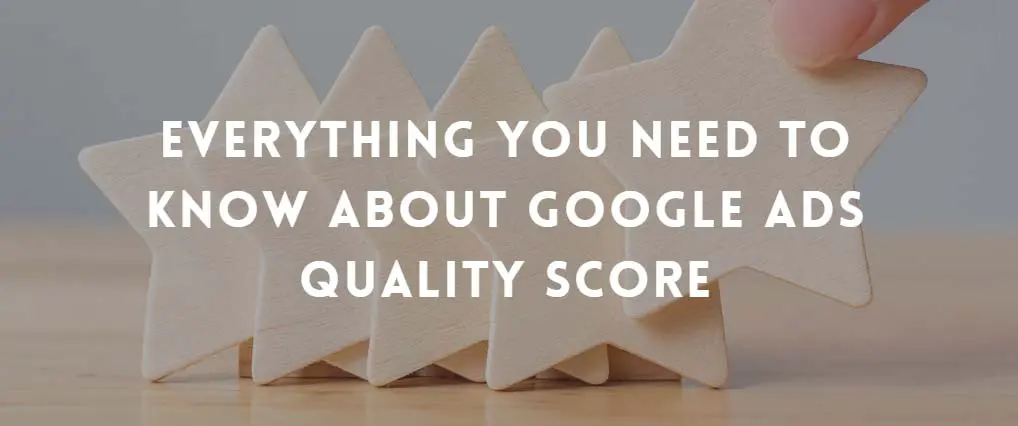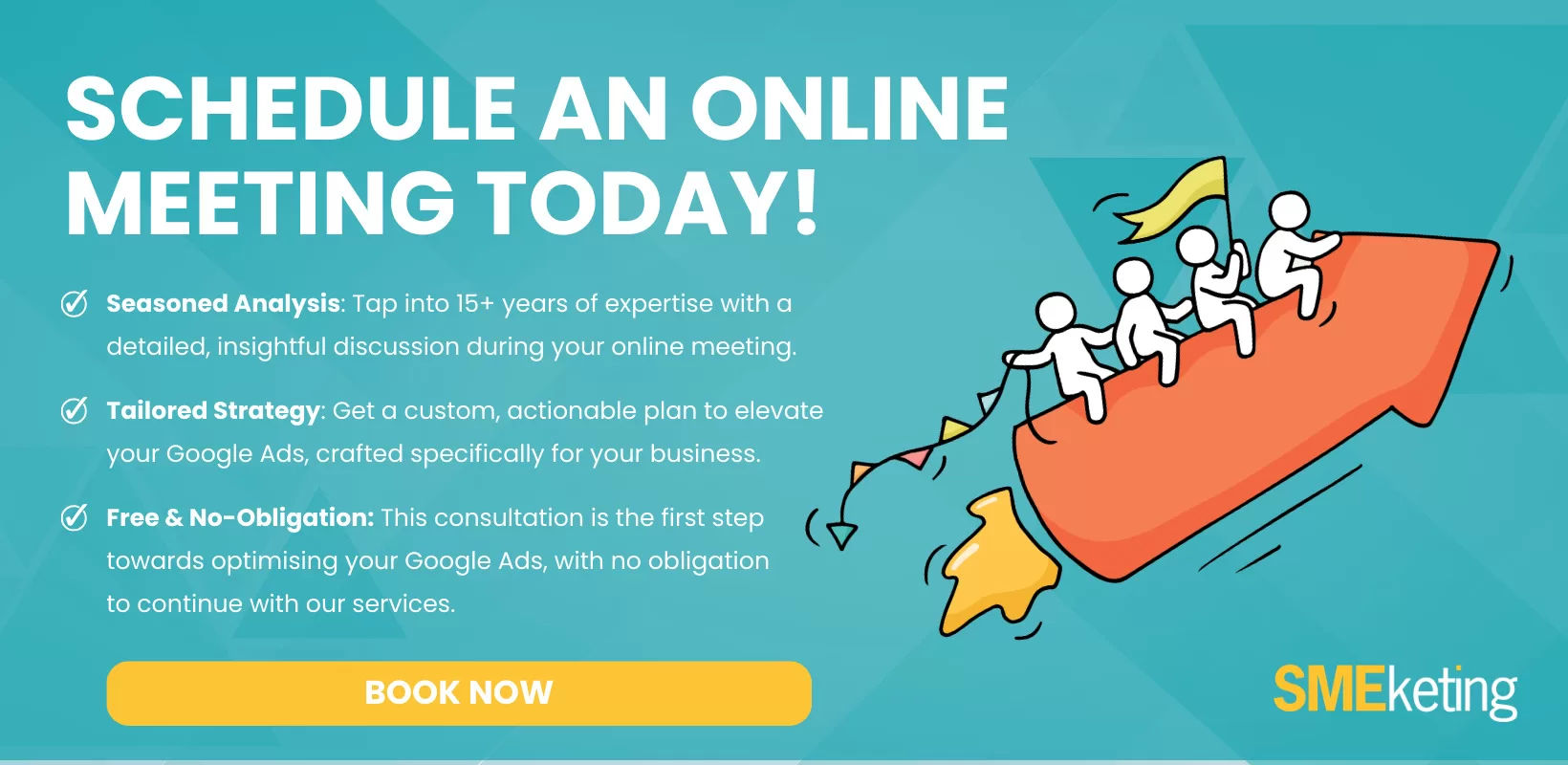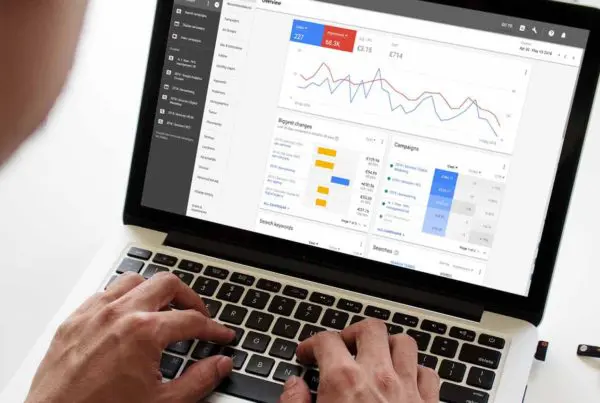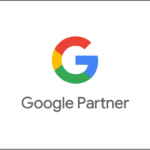Don’t be fooled: Google Ads is a competition to get seen. You compete for limited ad space against other companies bidding for the same keywords. When you lose out on a bid, your competitors gain. But the reverse is also true.
Learning how to beat your Google Ads competitors isn’t as hard as it sounds. You can radically improve your ad’s performance through a few simple tricks, winning the battle for keywords.
Not sure if others are outbidding you on critical keywords? Want to know how you’re performing compared to your competitors? Below I’m explaining the secret to beating your Google Ad competitors.
How To See If Competitors Are Hurting Your Performance
Want to peer directly into Google Ads? Here’s the secret: Google Auction Insights. Auction Insights is available for Search and Shopping campaigns and compares competitor ad participation against your own.
If you’ve seen zig-zagging ad performance or your cost-per-click (CPC) is skyrocketing, Google Auction insights may reveal why. For each keyword, you can see the following:
- Impression share. The total impressions you receive are divided by the number of impressions you were eligible for.
- Overlap rate. The percentage of time a competitor’s ad resulted in an impression at the same time your ad had an impression.
- Position above rate. How often a competitor’s ad was shown in a higher position than yours.
- Top-of-the-page rate. How often an ad appears above the organic search results.
- Absolute top-of-the-page rate. The percentage of ad impressions that appeared at the top of the page.
- Outranking share. How often your ad outranked a competitor’s or appeared when their ad didn’t.
Impressed? Google Auction Insights is one of the greatest hacks in Google Ads. It’s an incredible tool for pulling back the curtain on how your ad performs compared to your competition. But it doesn’t tell you what to do to rank higher – that’s where I come in.
How to Beat Your Google Ad Competitors
1. Use all relevant extensions
Google Ad extensions are one of the simplest ways to boost your ad. These extensions add information to your ad, allowing customers to contact or learn more about you without clicking on your site. It’s genius.
Best of all, they increase the size of your ad on the Search Engine Results Page (SERP). That means your ad is more noticeable than your competitors, skyrocketing the chance you get a click. Indeed, according to Google, advertisers can see a 20% increase in click-through rate (CTR) on average when sitelinks show with their Search ads – that’s possible with ad extensions.
Popular ad extensions include sitelink extensions, structured snippets, price extensions, lead form extensions, location extensions, and call extensions.
Read more about Google Ad Extensions in the article below:
2. Raise your Quality Score
Your Quality Score is one-half of the equation determining your ad rank – the other being your max cost-per-click. If you can’t afford to outbid your competitor, maxing out your Quality Score is the best option.
The Quality Score is composed of three parts:
- Expected click-through rate (CTR): The likelihood that your ad will be clicked when shown.
- Ad relevance: How closely your ad matches the intent behind a user’s search.
- Landing page experience: How relevant and useful your landing page is to people who click your ad.
Selecting more relevant keywords – perhaps including them directly in your ad text or grouping them into relevant themes –, using a compelling call-to-action (CTA), or choosing a relevant and useful landing page, can all significantly improve your Quality Score, increasing your ad’s visibility without spending a penny more.
Learn more about Google Ads Quality Score in the article below:
3. Tighten your keyword groups
Google Ads novices tend to make the same mistake: cram as many keywords as possible into a single campaign. After all, they think casting a wider net will catch more fish, right? Wrong! When your keywords fail to match sufficiently to your ad, it harms your Ad Relevance – a key component of the Quality Score.
Moreover, customers who see your ad are far less likely to click. Who wants to click an ad for “tree surgery” when you were just searching for “surgery.”
Google advises advertisers to “look for ad groups with many different keywords that the same ad can’t easily address. Split these into multiple ad groups that better match the user’s searches.”
For maximum effect, some advertisers even implement single-keyword ad groups. It’s the ultimate laser-targeted campaign.
4. Choose keywords that convert
Not all keywords work as well as others, but some seem to be magic. Finding the keywords that convert and targeting them with all your resources is a winning strategy. You’ll see a much higher return on investment (ROI).
That also means you should eliminate keywords that aren’t really working – add them to your negative keyword list. With the money you save, increase your max bids on the top-performing keywords to ensure you outbid your competitors.
5. Rely on branded keywords
Branded keywords – referring directly to your business – almost always score top marks for Ad Relevance (learn more about Ad Relevance in this article: What is Google Ads ‘Ad Relevance’? And How Can You Improve It). That means they lead to a higher Quality Score.
Here’s a clever hack: adding your branded keywords to the same ad groups as other relevant high-value keywords result in your branded keyword’s high Quality Score carrying over, increasing the ad’s rank and prioritising other high-value keywords. Genius, right? However, remember that these keywords will likely get a higher CTR, lower CPC and higher conversion rate, skewing your data for that campaign. So bear that in mind if you employ this tactic.
Conversely, don’t ruin your best keywords by adding them to campaigns where they won’t be as successful. Every time a second-best campaign appears for a single keyword, your chance of success drops.
Final Thoughts
Trusting these Google Ads tricks to outcompete your competition works! Most Google Ads advertisers fail to use all the resources at their disposal – no keyword groups, extensions, or branded keywords. Optimising your campaign for these factors can have outsized impacts on your success.
Do you need some help?
Are you looking to improve the performance of your Google Ads campaigns and drive more qualified traffic to your website or app? As a Google Ads consultant, I can help you achieve your advertising goals and maximise the success of your campaigns.
With my extensive experience and knowledge of the Google Ads platform, I can provide expert advice and guidance on the best strategies and tactics for your business. From keyword research and ad copywriting to targeting and optimisation, I can help you create and manage effective advertising campaigns that drive results.
I am dedicated to providing personalised and professional support to help you achieve your advertising objectives. Whether you’re a small business owner looking to increase sales or a marketing manager looking to improve your ROI, I can provide the expertise and support you need to succeed.
- How to Do Keyword Research for Google Ads - January 15, 2024
- A Comprehensive Guide to Google Ads for B2C Businesses - January 8, 2024
- How to Write Calls to Action (CTAs) for Google Ads - December 25, 2023









